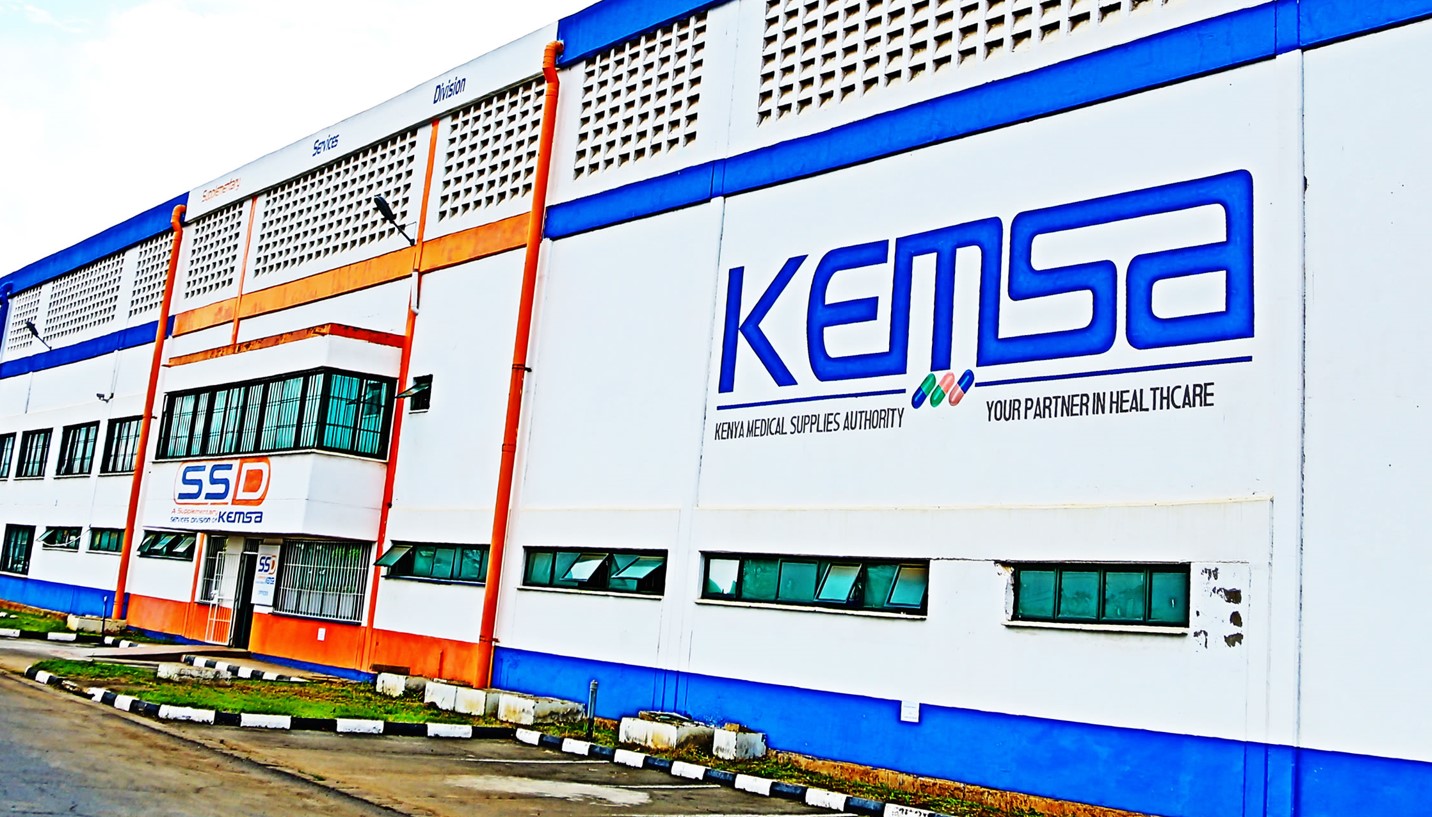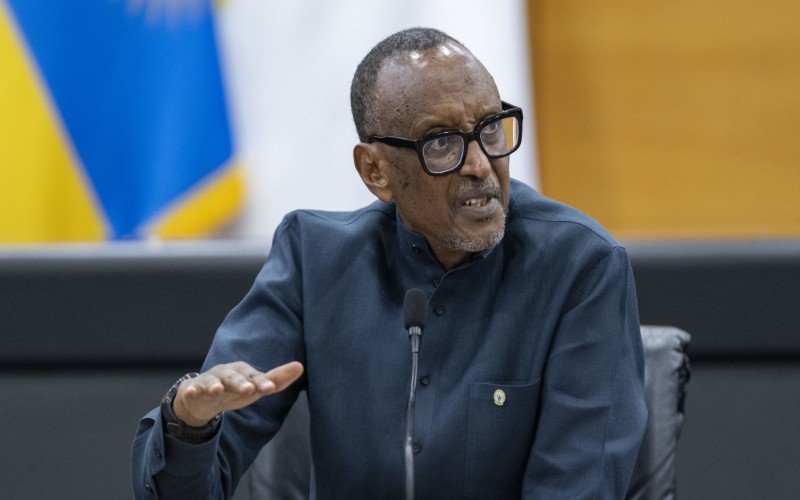Kemsa faces cash crisis, seeks Sh5 billion to restock essential medicines

The agency is also burdened with significant debts, with outstanding payments amounting to Sh6.1 billion. Of this, county governments owe Sh3.5 billion.
The Ministry of Health has asked the Treasury to allocate Sh5 billion to Kenya Medical Supplies Agency (Kemsa), warning that drug shortages in hospitals could worsen if the agency does not receive urgent financial support.
The ministry told the National Assembly’s Health Committee that the Treasury has so far allocated Sh1.5 billion, which will be factored into the Supplementary Budget II for the 2024/25 financial year.
More To Read
- Treasury’s plan to abolish six development authorities raises fears over 423 projects, 1,500 jobs
- Kenya steps up border checks as Ethiopia confirms outbreak of Marburg Virus Disease
- National Treasury secures Sh437.8 billion loan to plug budget deficit
- MPs raise alarm over alleged misappropriation of College of Insurance land
- MPs question rising debt despite Treasury’s reduced CBK borrowing
- Governors sound alarm as 934 newborns die amid funding row in health sector
“This will boost the availability of essential health products and technologies (HPT) for universal health coverage (UHC),” Health Principal Secretary Harry Kimtai said while addressing the committee.
He noted that the availability of essential health products at Kemsa currently stands at 56 per cent, highlighting the challenges in maintaining an adequate supply.
The agency is also burdened with significant debts, with outstanding payments amounting to Sh6.1 billion. Of this, county governments owe Sh3.5 billion.
Kemsa processes back orders upon delivery of stocked-out products, Kimtai explained, adding that the agency is in the process of awarding tenders for the 2024/25 financial year to improve stock availability.
“To support recapitalisation, the Ministry of Health has requested a budget allocation of Sh5 billion to replenish deteriorated capital and break the vicious cycle of debt, pending bills, and low order fill rates,” he said.
The Cabinet on Tuesday approved a Sh199.9 billion Supplementary Budget II for the 2024/25 financial year but did not specify the allocation for Kemsa.
“These funds will address government and externally financed projects, personnel emoluments, budget realignments, and revenue adjustments,” the Cabinet statement read.
Kimtai outlined the challenges affecting Kemsa’s ability to supply medical products, linking them to disruptions caused by Covid-19. He said the agency’s business model was severely impacted in the 2019/20 financial year due to the procurement of Covid-19-related health products and technologies.
“Personal Protective Equipment (PPE) and other Covid-19 response items were acquired on an emergency basis amid global shortages. However, as restrictions were lifted and international sources, particularly in Asian countries, reopened, demand for these items dropped significantly,” Kimtai said.
He added that donations from development partners and the private sector further reduced demand, leading to excess stock that could only be sold at prices below cost. This resulted in product expiries and impairment losses of over Sh3.5 billion.
Kemsa’s financial woes have been exacerbated by delayed payments, with more than Sh6 billion in receivables tying up capital and straining cash flow. Kimtai said the prolonged delays have affected service delivery and the agency’s ability to pay medical suppliers on time.
“The high debt position has adversely impacted the business model, as the prolonged conversion cycle has reduced the authority’s ability to make timely payments,” he told MPs.
He warned that the availability of essential medical supplies had fallen to 45 per cent by the end of the second quarter of the financial year, well below the 90 per cent target.
Kemsa is also grappling with county government debts, with Sh2.7 billion of the Sh3.5 billion owed being overdue by more than 90 days. Other outstanding payments include Sh1.4 billion owed by the Ministry of Health, Sh686.47 million from government facilities, Sh385 million from the Supplementary Service Division, Sh12 million from customer operations, and Sh21.92 million from development partners.
“Counties work with Kemsa to generate forecasts for stocked items, but when it comes to procurement, they opt to buy elsewhere for unknown reasons,” Kimtai said, adding that the agency is engaging counties to clear the outstanding Sh3.5 billion debt.
Top Stories Today













































